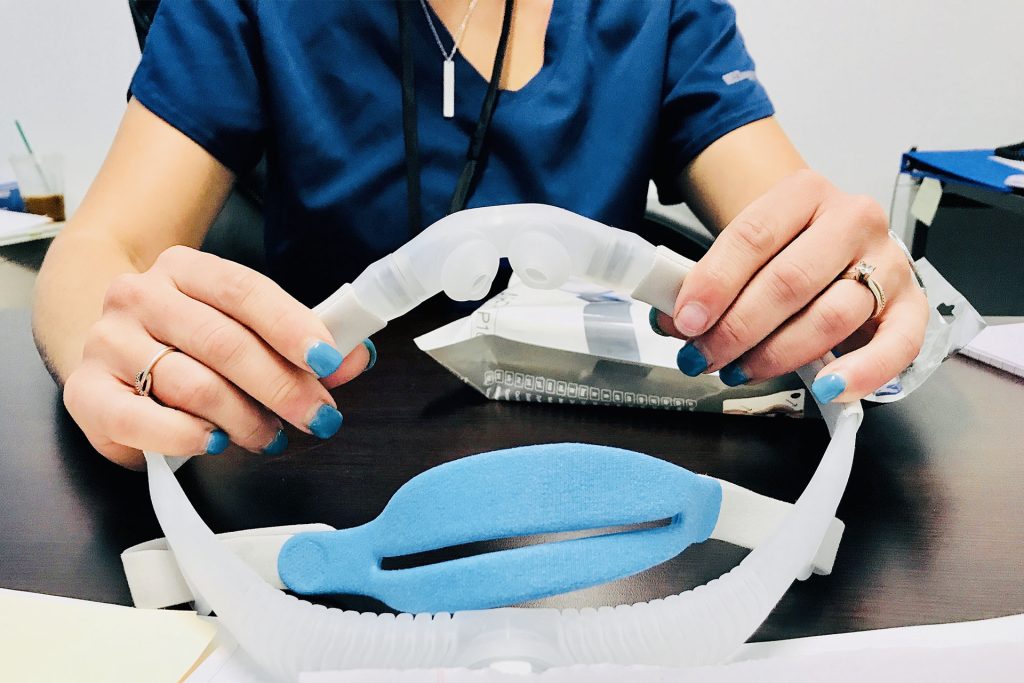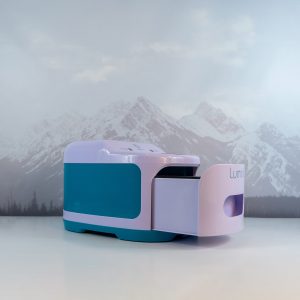Sleep apnea is a common disorder that can disrupt sleep and negatively impact overall health. Fortunately, effective treatments exist to manage this condition, with CPAP therapy being one of the most widely used solutions.
What Is CPAP Therapy?
CPAP therapy does not require medication or surgery and helps improve sleep quality and overall well-being. Many patients experience benefits quickly—often as early as the first night of use.
How Does CPAP Therapy Work?
A bedside device delivers pressurized air through a nasal, nasal pillow, or full-face mask. This air pressure acts as a “pneumatic splint,” keeping the upper airways open and preventing apnea episodes.
Benefits of CPAP Therapy
- Reduction of symptoms: CPAP therapy significantly reduces sleep apnea symptoms such as excessive daytime sleepiness, fatigue, headaches, and difficulty concentrating.
- Improved sleep quality: By keeping airways open, CPAP ensures uninterrupted and restorative sleep, allowing individuals to wake up feeling refreshed.
- Prevention of complications: CPAP helps prevent serious health risks associated with sleep apnea, such as cardiovascular problems, high blood pressure, and strokes.
- Enhanced quality of life: By reducing symptoms and improving sleep, CPAP therapy positively impacts daily life, energy levels, and overall well-being.
Usage and Adjustments
An initial adjustment of the mask and pressure settings is essential to ensure optimal comfort and effectiveness. Regular follow-ups with healthcare providers are recommended to fine-tune therapy and maximize its benefits.
The Bottom Line
CPAP therapy can greatly improve sleep quality and overall well-being for individuals suffering from sleep apnea. If you have concerns about sleep apnea treatment, consult a healthcare professional or reach out to our respiratory therapists at info@csrsommets.ca or 1-877-744-0416.











